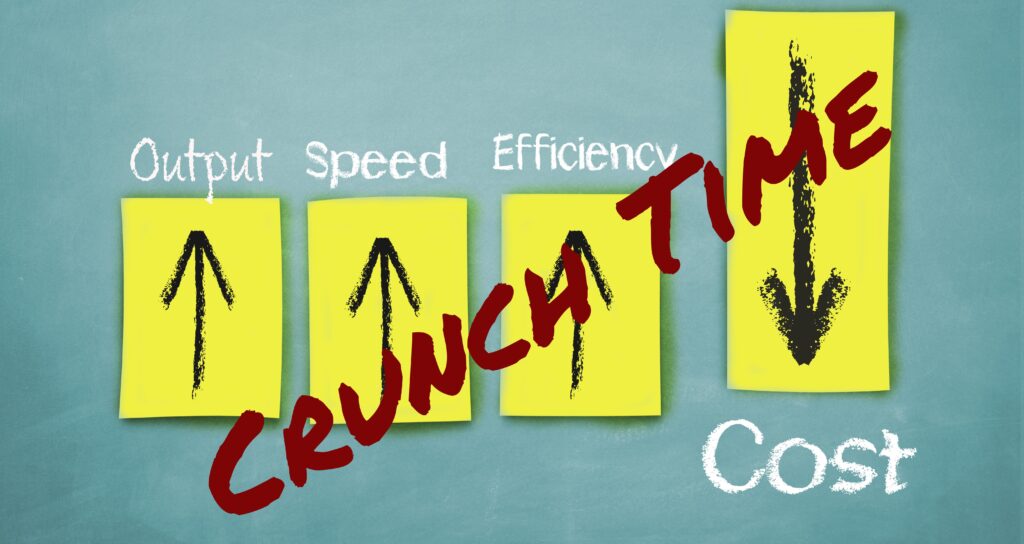Organizational efficiency initiatives have quickly jumped out of the 2025 starting gates, with many companies now heavily engaged in cost-cutting and reorganization. As you consider areas for improvement, I remind you of an easy opportunity to free up resources: Time lost attending worthless meetings.
In a blog from August 2024 (Maximizing Your Return on Investment for Face-to-face Meetings), I shared how you spend roughly 30 percent of your work time in meetings, and that most of that time is wasted. So how about creating a meeting effectiveness initiative so that resources being asked to do more with less get some time put back in their day?
Here are your steps:
When you are planning a meeting, write down the two or three key questions that should have answers by the end of the meeting. Include them with your invite. Review them at the start of the meeting, and use them to keep the talk focused. End the meeting when you have those answers, regardless of how much time is still left in the schedule. People will love you for that. (See my recent blog from December 5, Please State Your Purpose, for more on this).
Avoid leaping into a detailed discussion about solutions before framing the problem. If you hear a conversation heading down the rabbit hole of solution-speak, step in and say, “That sounds like an interesting option. But before we jump into more assessment, let’s think about the specific problem that solution seems to address.” People waste so much time debating the merits of solutions that fix problems no one has. (See the blogs on the power of narratives and how to stop speaking in solutions for more on this). This step is vital for successful cost-cutting initiatives.
And speaking of focusing on topics that make a difference, stop with the bikeshedding! I recently came across the term while doing some research, and it hit home. According to an article in techtarget.com, “bikeshedding” describes conversations focused on trivial details rather than on items that make a material difference. Think: Rearranging the deck chairs on the Titanic. Discussing what color to paint the kitchen before you’ve even chosen a floor plan. You are wasting valuable time listening to lively debates on something that will not make a difference?
Ask a better question (you knew this was coming). Most of my 2024 blogs ( Why Brainstorming Doesn’t Work: On Becoming Wickedly Innovative, Enhancing Idea Evaluations: Why Narratives Promote Better Questioning, and How “Why” Can Crumble the Psychological Safety in Your Meetings) gave suggestions for improving the thinking, creativity, and engagement of meetings you attend or lead.
Next week’s blog provides insight into why asking question structures such as, “What are things we can do to cut costs?” fails to provide you and your team the insightful, transformational, and sustainable answers you seek.
Until then.

